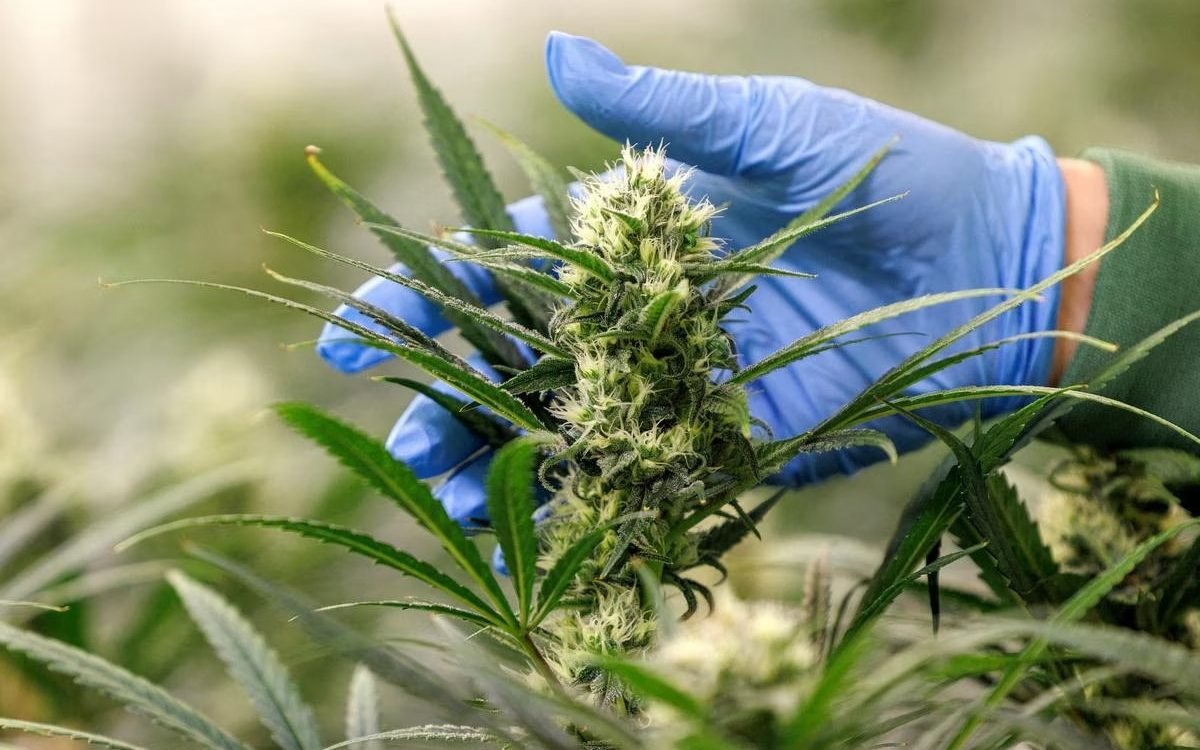Germany made headlines on February 23 as it joined a select group of countries and jurisdictions in legalizing cannabis, marking a significant shift in drug policy. The decision, spearheaded by Chancellor Olaf Scholz’s ruling coalition, reflects a nuanced approach aimed at addressing both public health concerns and the realities of cannabis consumption.
Under the newly passed law, individuals and voluntary associations are now permitted to cultivate up to three cannabis plants for private consumption and possess up to 25 grams of the drug. Additionally, non-commercial cannabis production will be allowed for members of cannabis clubs with a cap of 500 adult members.
Health Minister Karl Lauterbach outlined the dual objectives of the legislation: combating the black market and enhancing protections for children and young people. The move underscores a recognition of the existing landscape of cannabis use and seeks to implement measures that prioritize harm reduction and public safety.
However, the debate surrounding the legalization of cannabis was not without contention. Opposition voices raised concerns about the potential normalization and promotion of drug use, particularly among young people. Christian Democrat legislator Tino Sorge articulated skepticism about the efficacy of legalization in curbing drug use, labeling it as misguided.
In response, Minister Lauterbach emphasized the need to confront the reality of cannabis use, citing rising consumption rates among young people and the increasing potency and impurity of street drugs. The legalization framework, he argued, provides an opportunity to implement regulations that mitigate risks and safeguard public health.
With an estimated 4.5 million cannabis users in Germany, the move to legalize recreational use reflects a broader global trend. Germany now joins a handful of countries that have embraced regulated cannabis markets, aligning with evolving attitudes towards drug policy and harm reduction strategies.
It is important to note that while legalization offers a regulated framework for adult use, safeguards remain in place to prevent access by minors. Cannabis consumption near schools and playgrounds remains prohibited, emphasizing the government’s commitment to youth protection and public safety.
Critics have raised questions about the potential impact of the new regulations on the illicit market. Indeed, the effectiveness of legalization in curbing illegal trade remains a subject of debate, with some suggesting that individuals may still opt for black market alternatives.
As Germany embarks on this new chapter in drug policy, the legalization of cannabis reflects a balanced approach that seeks to address societal realities while prioritizing public health and safety. The journey towards regulation will undoubtedly be complex, but it represents a proactive step towards addressing the multifaceted challenges of drug policy in the 21st century.









